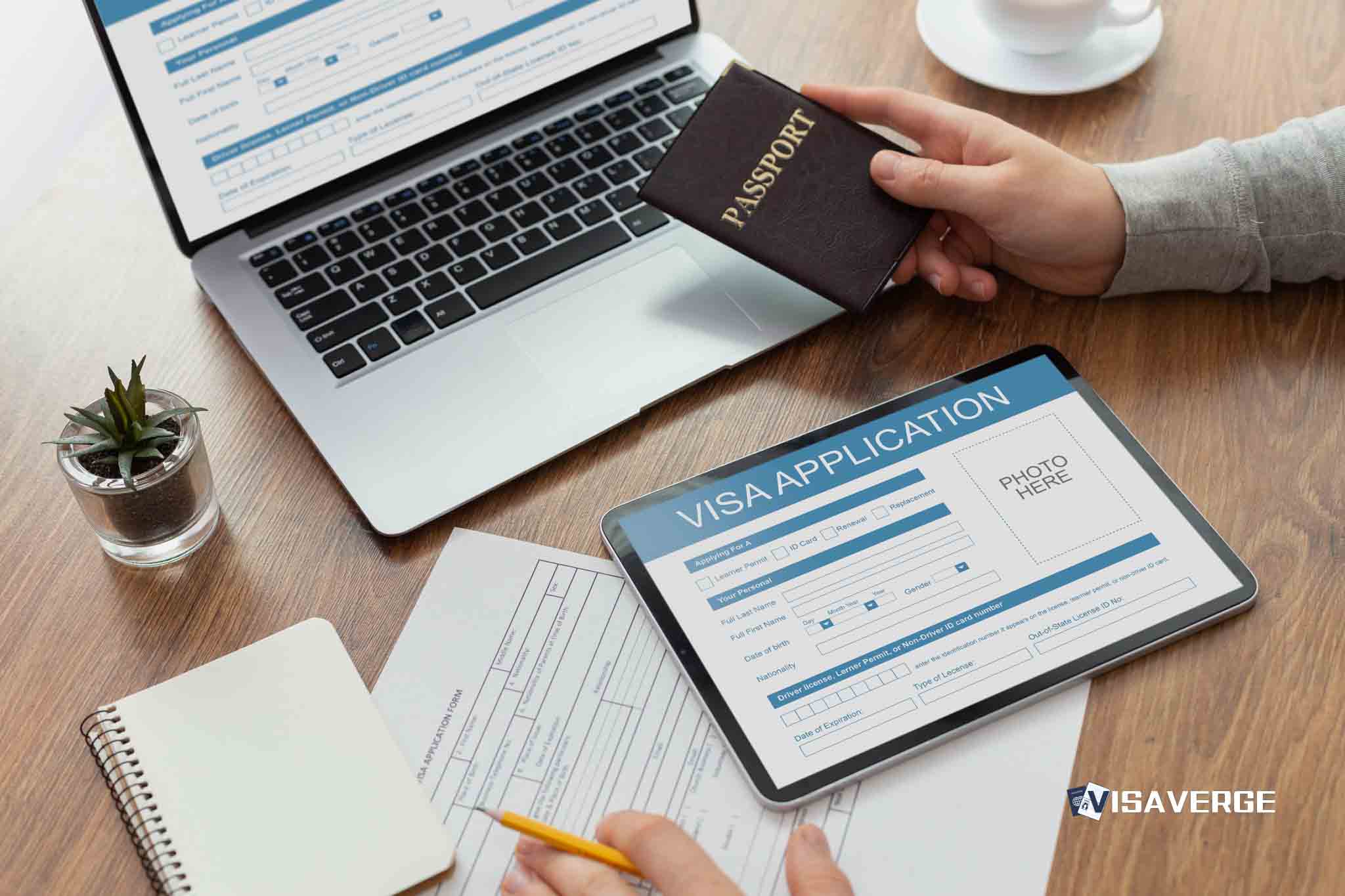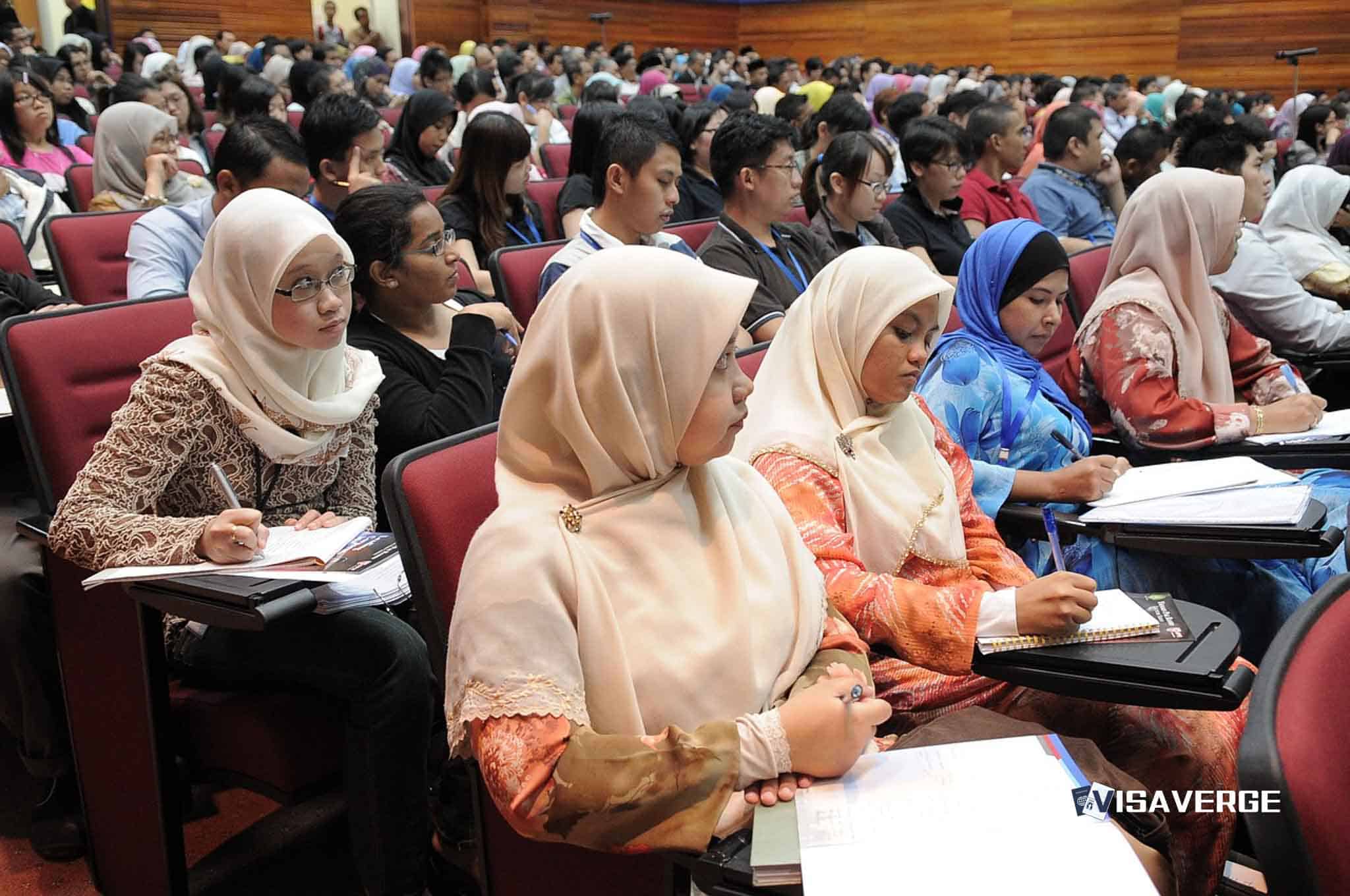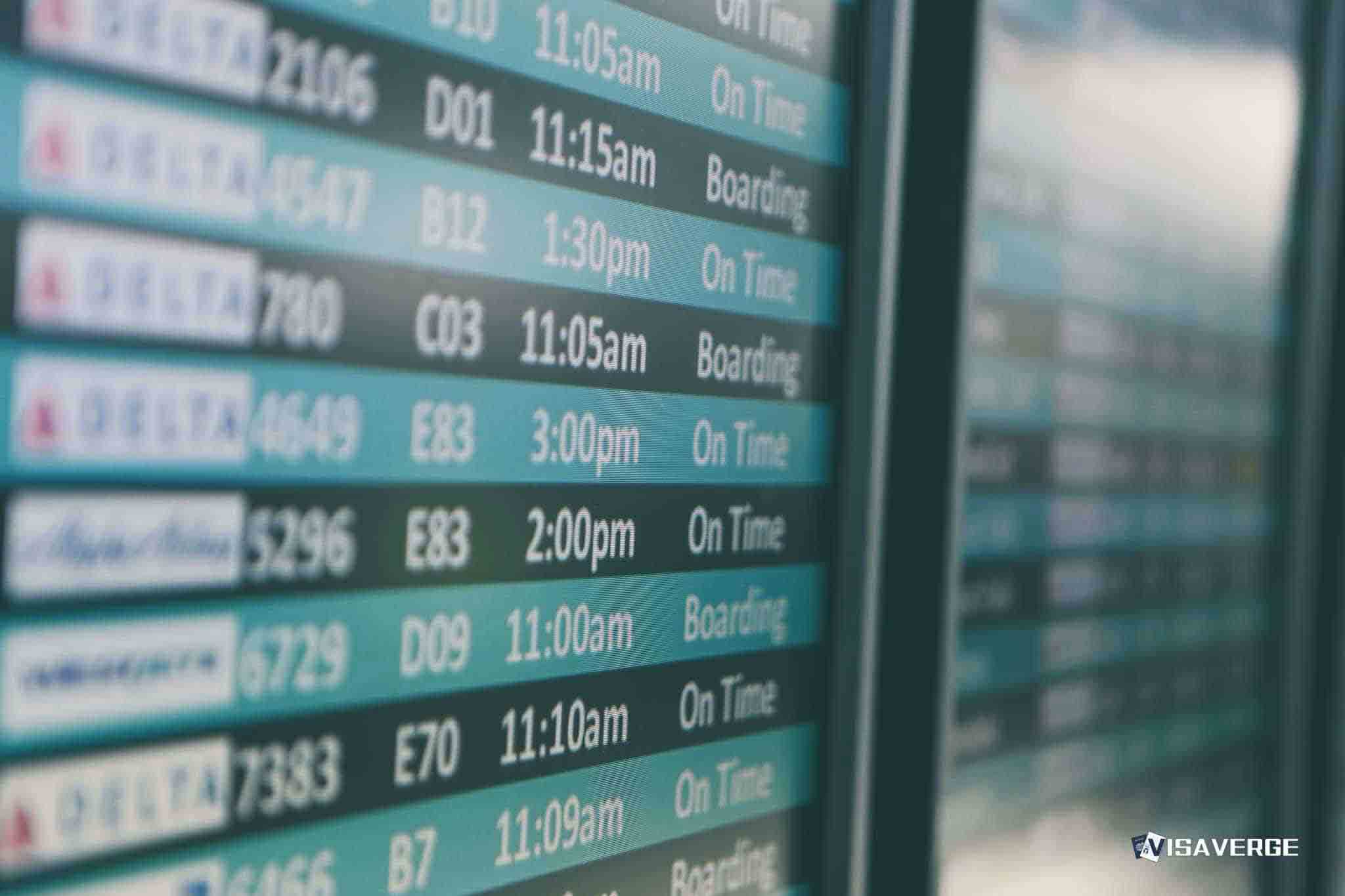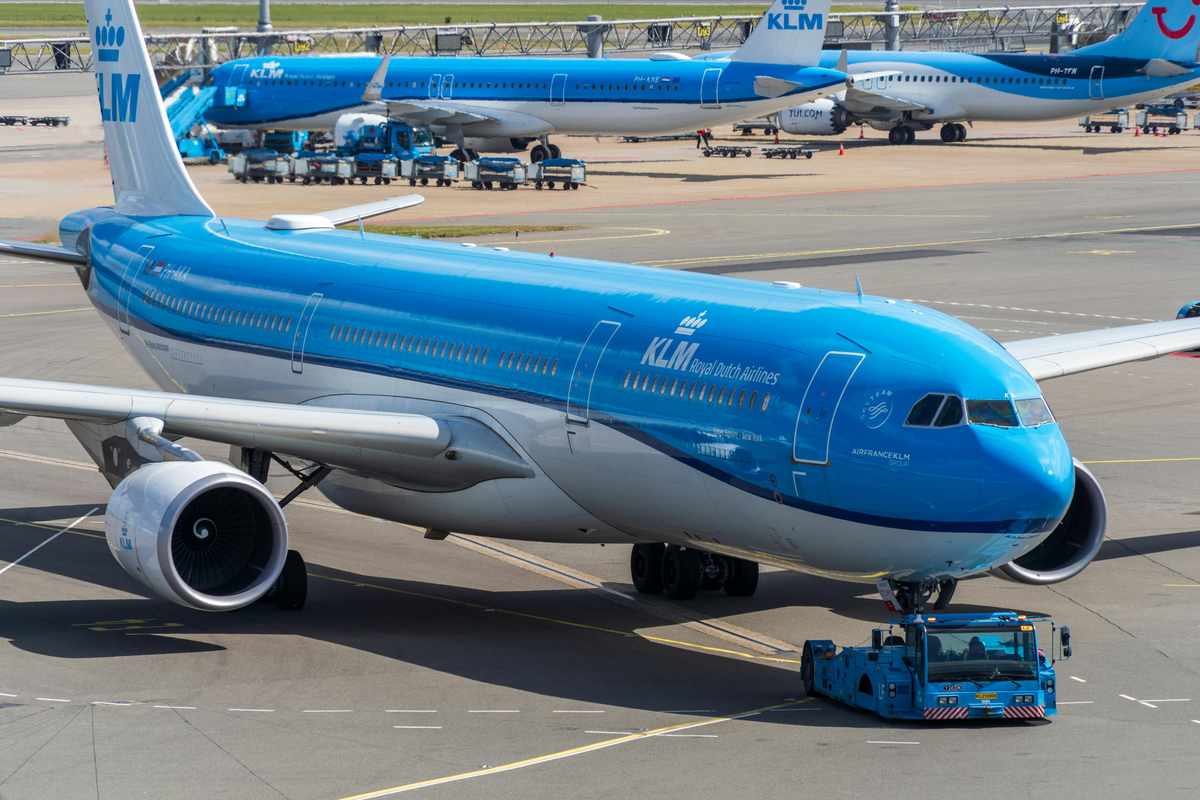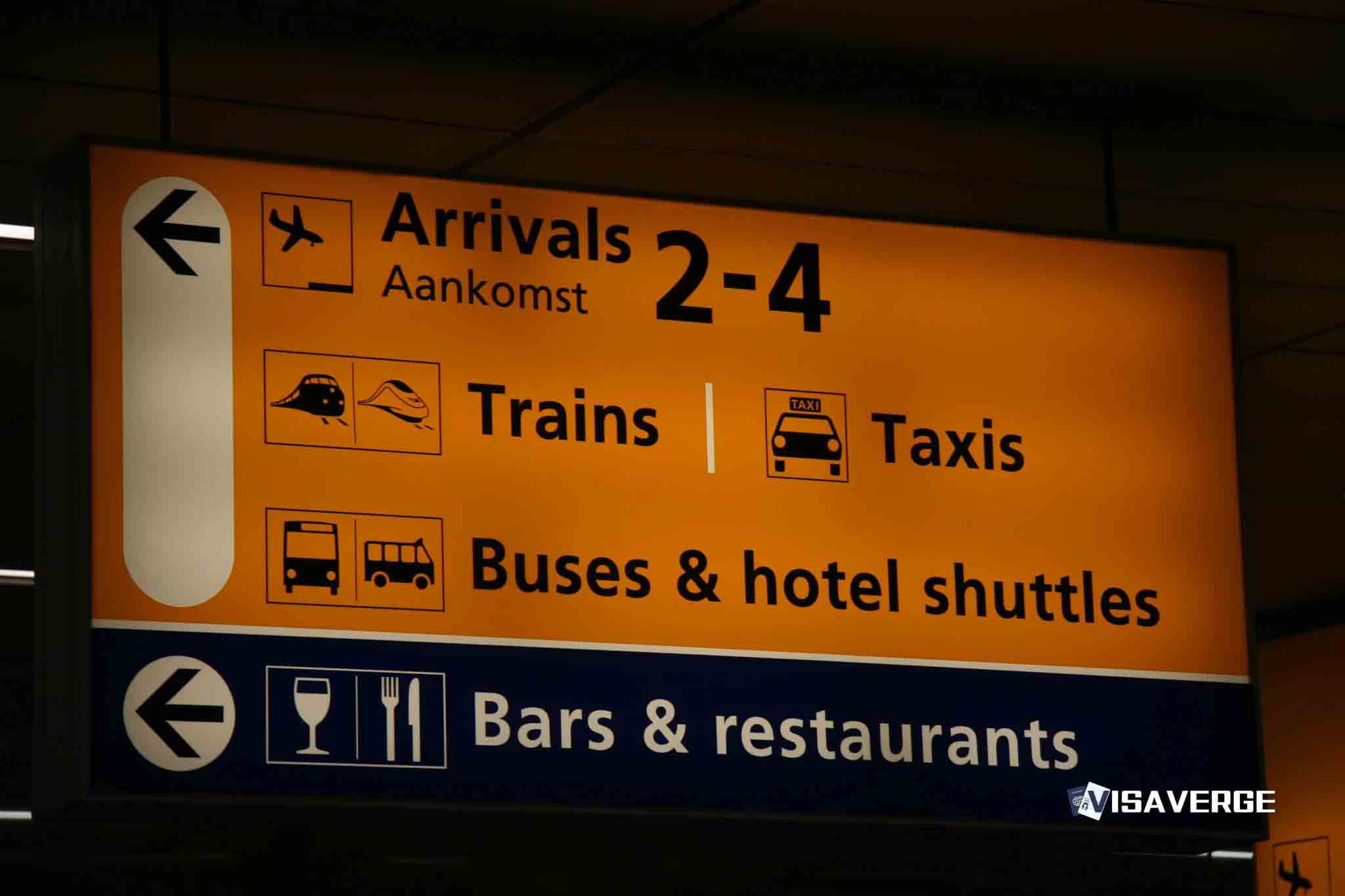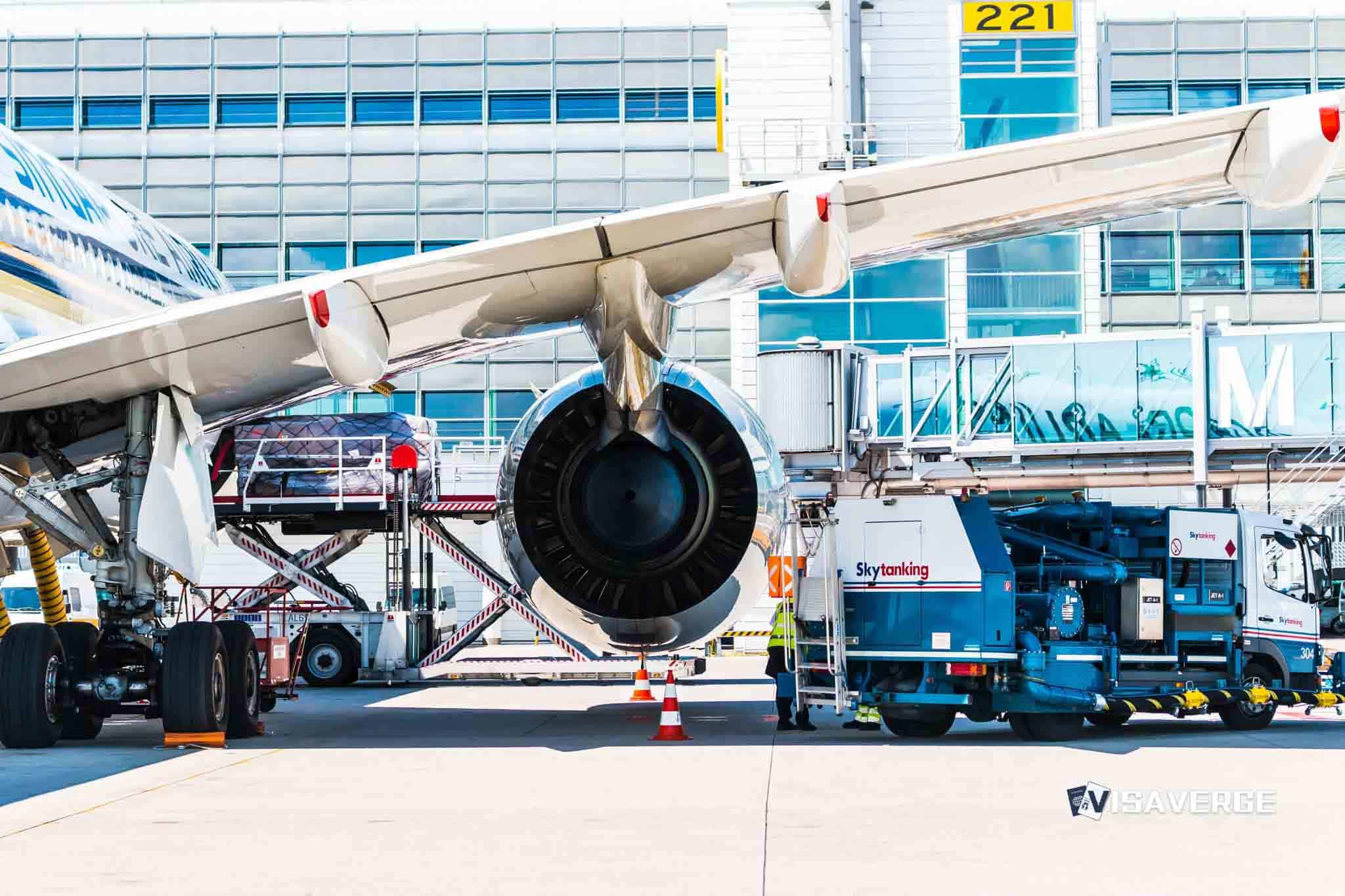Key Takeaways
• From June 18, 2025, all F, M, and J visa applicants must make social media accounts public during application.
• Consular officers conduct comprehensive digital vetting including social media, blogs, and public records for visa applicants.
• F, M, and J visas now face a mandatory two-step review adding delays; all applicants disclose social handles for five years.
Sweeping changes to U.S. visa screening have taken effect, reshaping the process for students, exchange visitors, and many others. The U.S. Department of State (DOS) has rolled out new requirements that focus heavily on social media and digital presence. These updates affect not only how people apply for visas but also how they must behave online before, during, and even after their visa is granted. Here’s a detailed breakdown of what’s changed, who is affected, what actions are required, and what these changes mean for pending and future applications.
What Has Changed: Key Updates to U.S. Visa Screening
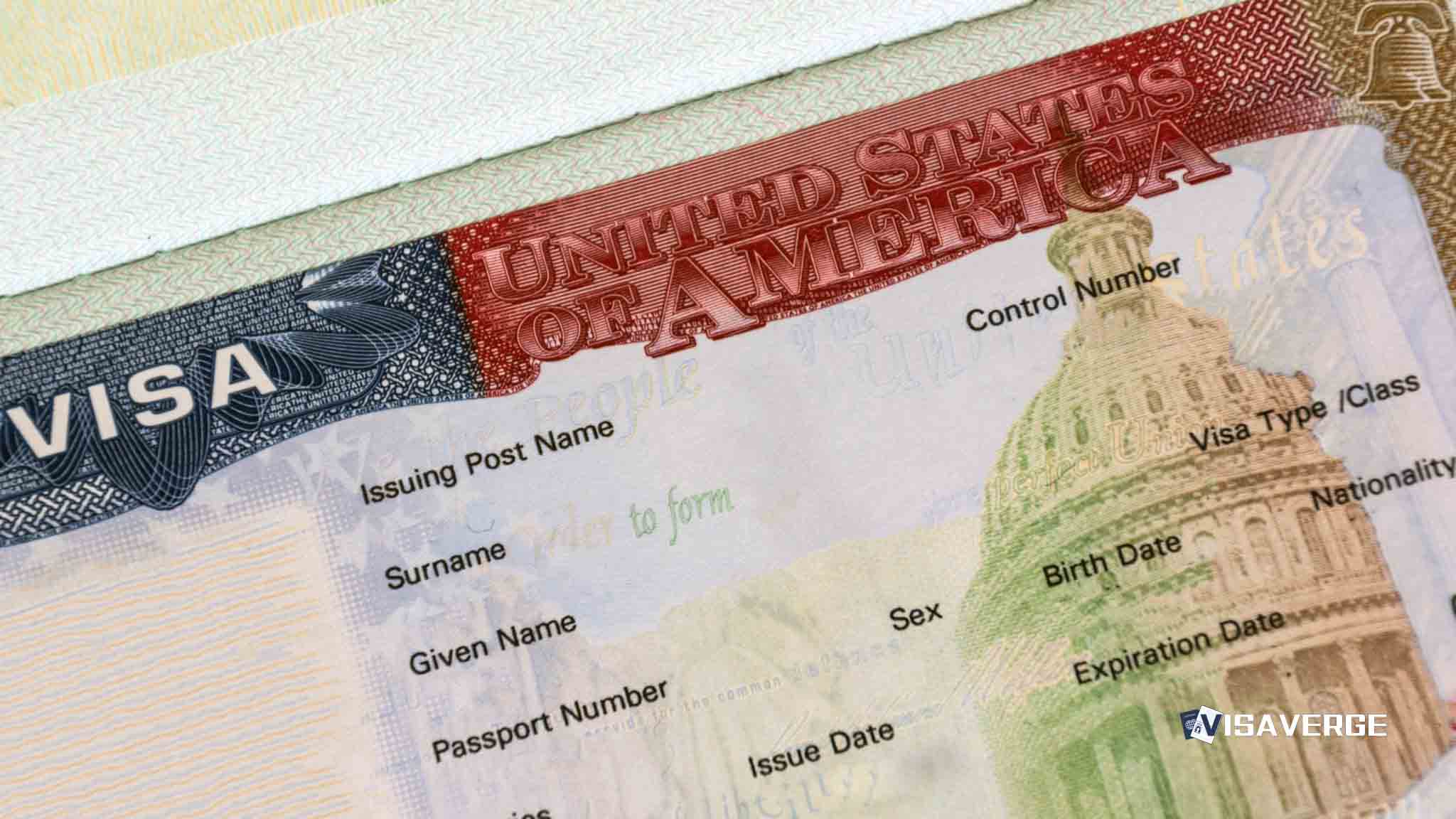
As of June and July 2025, the U.S. government has introduced several major updates to its visa screening process, especially for F, M, and J visa applicants. These categories cover international students, vocational students, and exchange visitors. The changes are designed to increase security by expanding how consular officers review applicants’ backgrounds, with a strong focus on social media and other digital activity.
Mandatory Public Social Media Profiles
Starting June 18, 2025, all applicants for F, M, and J visas must set every social media account to “public” for the entire visa application process. This rule applies worldwide, and every U.S. Embassy and consulate is required to enforce it. If an applicant’s accounts are private, hidden, or restricted, officers may see this as an attempt to hide information. This can result in a visa denial.
Comprehensive Digital Vetting
Consular officers are now required to conduct a full review of each applicant’s online presence. This includes not only social media but also other digital footprints, such as blog posts, comments, and public records. Officers use search engines, specialized databases like LexisNexis, and any other available resources to check for any information that may raise concerns.
Screening Criteria
During this digital review, officers look for:
– Hostile attitudes toward U.S. citizens, culture, government, or institutions
– Support for terrorism or terrorist organizations, including Hamas
– Support for unlawful antisemitic harassment or violence
– Any “potentially derogatory information” that could affect eligibility
Two-Step Processing: Enhanced Administrative Review
After the usual eligibility review, all F, M, and J visa applications now go through a second step called INA 221(g) administrative processing. This means that even if an applicant meets all other requirements, their case is temporarily refused until the digital screening is finished. This extra step is mandatory for these visa categories and adds more time to the process.
Visa Interview Scheduling and Processing Delays
Visa interview appointments for F, M, and J visas resumed on June 26, 2025, after a month-long pause to set up these new rules. However, because the new screening process takes more time and resources, the number of appointments is lower than before. Applicants should expect longer wait times for both interviews and final visa decisions.
Who Is Affected by These Changes?
The new rules mainly affect:
– F, M, and J visa applicants: These are students, vocational students, and exchange visitors from all countries.
– All other visa applicants: While the most detailed screening is for F, M, and J visas, all applicants must still list every social media username or handle used in the past five years on the DS-160 visa application form. This requirement is not new, but enforcement is now stricter.
– Current visa holders: The U.S. government has made it clear that visa screening does not end after a visa is issued. Ongoing monitoring continues, and any violations can lead to visa revocation or deportation.
Effective Dates
- June 18, 2025: Mandatory public social media profiles and comprehensive digital vetting for F, M, and J visas take effect.
- June 26, 2025: Visa interview appointments for these categories resume, but with longer wait times.
- Ongoing: Disclosure of all social media handles for the past five years remains required for all visa types.
Required Actions for Applicants
If you are applying for an F, M, or J visa, or plan to do so soon, you must:
- Make All Social Media Accounts Public
- Set every social media account (Facebook, Instagram, Twitter, LinkedIn, TikTok, etc.) to “public” for the entire application process.
- Do not delete or hide accounts to avoid scrutiny. Officers may see this as an attempt to conceal information.
- Disclose All Social Media Handles
- List every username or handle you have used in the past five years on the DS-160 visa application form. You can find the official DS-160 form here.
- Do not omit or falsify any information. Doing so can lead to immediate visa denial and a permanent ban from future U.S. visas.
- Prepare for Longer Processing Times
- Expect delays in both interview scheduling and visa issuance due to the extra screening steps.
- Plan your travel and study or work start dates accordingly.
- Review and Clean Up Your Digital Footprint
- Before applying, review your online presence. Remove or address any content that could be seen as hostile, violent, or otherwise problematic.
- If you are unsure about past posts or comments, consider consulting an immigration attorney for advice.
- Stay Informed
- Check the website of the U.S. Embassy or consulate where you will apply for the latest updates and procedures. You can find official embassy websites through the U.S. Department of State.
Implications for Pending Applications
If you have already applied for an F, M, or J visa and your application is still pending:
– Your application will be subject to the new digital screening rules, even if you applied before June 18, 2025.
– If you did not make your social media accounts public, you may be asked to do so now. Failing to comply could result in denial.
– If you omitted or made mistakes in listing your social media handles, contact the embassy or consulate immediately to correct your application.
– Expect longer processing times as officers complete the new vetting steps.
Ongoing Monitoring After Visa Issuance
The U.S. government has stated clearly that visa screening does not end once a visa is granted. Visa holders remain under ongoing monitoring. If the government discovers that you misrepresented your social media activity, hid accounts, or engaged in prohibited online behavior, your visa can be revoked. In some cases, this can also lead to deportation from the United States 🇺🇸.
Practical Advice for Applicants and Visa Holders
- Be Honest and Complete: Always provide full and accurate information on your visa application. Omitting or lying about social media handles is a serious offense.
- Keep Accounts Public: Do not switch your accounts back to private until your visa process is fully complete and you have entered the United States 🇺🇸.
- Monitor Your Online Activity: Avoid posting or sharing anything that could be seen as hostile, violent, or supportive of terrorism or hate.
- Consult Experts: If you are worried about your digital history, talk to an immigration attorney or your university’s international office for guidance.
Stakeholder Perspectives and Concerns
Many universities and higher education groups, such as NAFSA and CUPA-HR, have raised concerns about these new rules. They worry that longer processing times and strict digital screening could discourage international students and scholars from choosing the United States 🇺🇸. University international offices are working to help students understand and comply with the new requirements.
Legal experts also advise applicants to be proactive. If you have concerns about your online presence, it’s better to address them before applying. Immigration attorneys can help you review your digital footprint and suggest steps to reduce risk.
Background: How Did We Get Here?
Before 2025, visa applicants were already required to list their social media handles. However, there was no rule about making accounts public, and digital vetting was less thorough. In late May 2025, the U.S. government paused student visa interviews worldwide to prepare for these new protocols. The June 18, 2025 directive made the expanded screening official and restarted appointments, but with stricter rules and longer waits.
Summary Table: Key 2025 U.S. Visa Social Media Screening Changes
| Requirement | Effective Date | Applies To | Key Details |
|---|---|---|---|
| Public social media profiles | June 18, 2025 | F, M, J visas | All accounts must be set to public for vetting |
| Comprehensive digital vetting | June 18, 2025 | F, M, J visas | Review of entire online presence, not just social media |
| Disclosure of all social handles | Ongoing | All visa types | Five-year history required on DS-160; omission = denial/ineligibility |
| Two-step processing (INA 221(g)) | June 18, 2025 | F, M, J visas | Standard review + enhanced digital vetting |
| Ongoing post-issuance monitoring | Ongoing | All visa holders | Violations can result in visa revocation or deportation |
What This Means for the Future
The Department of State and the Department of Homeland Security are expected to keep refining these digital screening protocols. There is a strong possibility that similar requirements will be extended to other visa categories in the future. As embassies and consulates adjust to the increased workload, further delays are possible, especially during busy application periods.
Official Resources and Where to Get Help
- U.S. Department of State – Visa Services: For the latest official information, visit the U.S. Department of State’s visa page.
- U.S. Embassy and Consulate Websites: Always check the website of the embassy or consulate where you plan to apply for local updates and contact details.
- University International Offices: If you are a student or scholar, your university’s Office of International Students and Scholars (OISS) can provide support and guidance.
- Immigration Attorneys: For legal advice, especially if you have concerns about your digital history, consult a qualified immigration lawyer.
Key Takeaways and Immediate Next Steps
- If you are planning to apply for an F, M, or J visa:
- Make all your social media accounts public now.
- Review your digital footprint and remove or address any risky content.
- Gather a complete list of all social media handles from the past five years for your DS-160 form.
- Prepare for longer wait times and plan your travel accordingly.
- Stay updated by checking the official U.S. Embassy website for your country.
- If you have already applied and are waiting:
- Make sure your social media accounts are public.
- Be ready to respond quickly if the embassy asks for more information.
- Contact the embassy if you need to correct or update your application.
- If you already hold a visa:
- Remember that ongoing monitoring continues.
- Avoid any online activity that could be seen as a violation of U.S. laws or visa conditions.
- If you have concerns about past activity, seek legal advice.
As reported by VisaVerge.com, these changes mark a major shift in how the United States 🇺🇸 screens visa applicants, with a strong focus on social media and digital footprints. The rules are strict, and the consequences for non-compliance are serious. By staying informed, being honest, and taking proactive steps, applicants can improve their chances of a smooth visa process and avoid long-term problems.
For more information and official updates, always refer to the U.S. Department of State’s visa services page.
In summary:
The U.S. Embassy and consulates now require all F, M, and J visa applicants to make their social media accounts public, disclose all handles from the past five years, and undergo enhanced digital screening. These steps are mandatory, and failure to comply can result in denial, ineligibility, or even deportation. Applicants and visa holders should act now to review their online presence, follow all instructions, and seek help if needed to avoid problems with their U.S. visa journey.
Learn Today
F, M, and J visas → Visa categories for international students, vocational students, and exchange visitors entering the U.S.
INA 221(g) administrative processing → A mandatory second step review delaying visa issuance for in-depth applicant screening.
DS-160 → The online U.S. visa application form requiring social media accounts disclosure for the past five years.
LexisNexis → A specialized database used by consular officers to research applicants’ digital and public records.
Digital vetting → Comprehensive review of an applicant’s social media, online activity, and digital footprint for visa approval.
This Article in a Nutshell
Beginning June 2025, U.S. visa applicants face strict social media screening, requiring public profiles and thorough digital vetting. F, M, and J visas undergo extra administrative processing, causing longer waits. Applicants must disclose all social media handles from five years and prepare for ongoing digital monitoring after visa issuance.
— By VisaVerge.com


